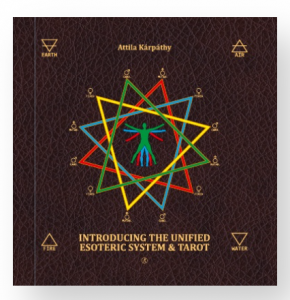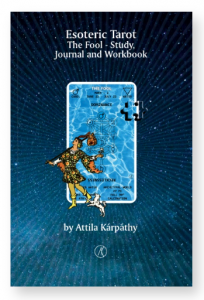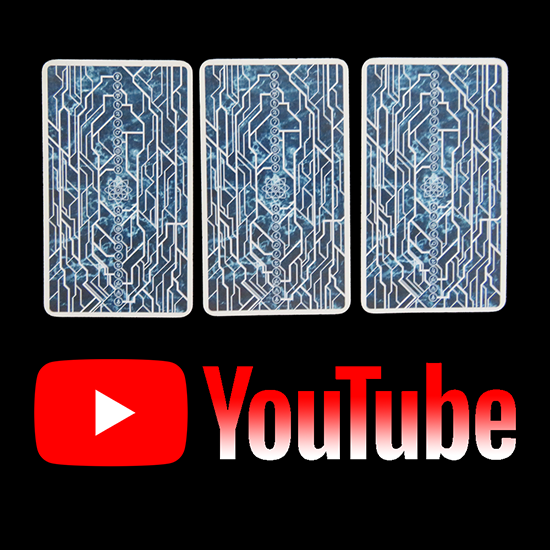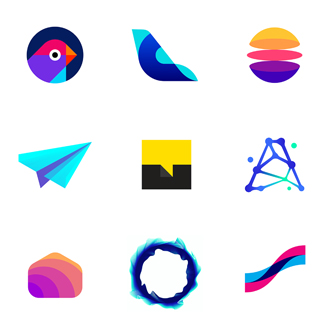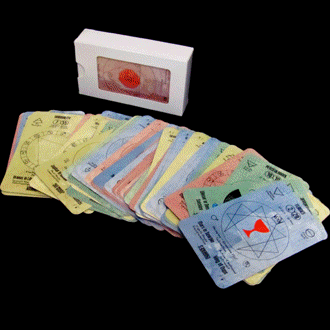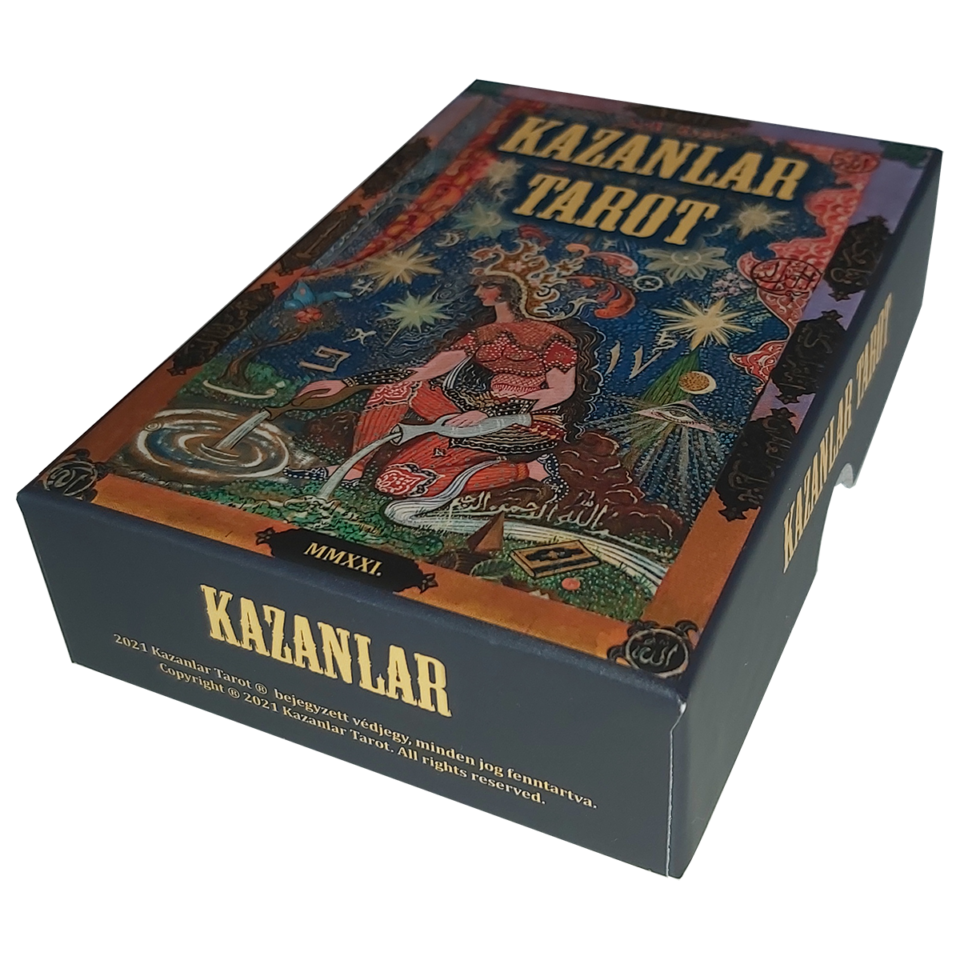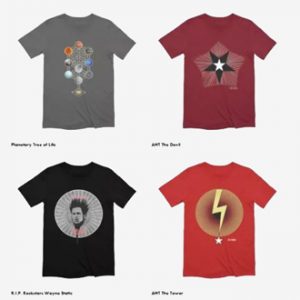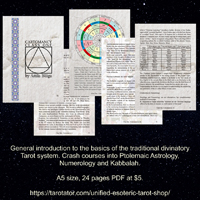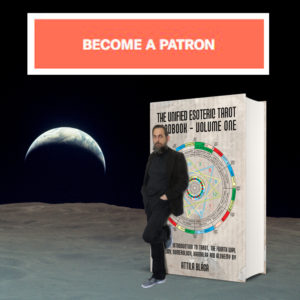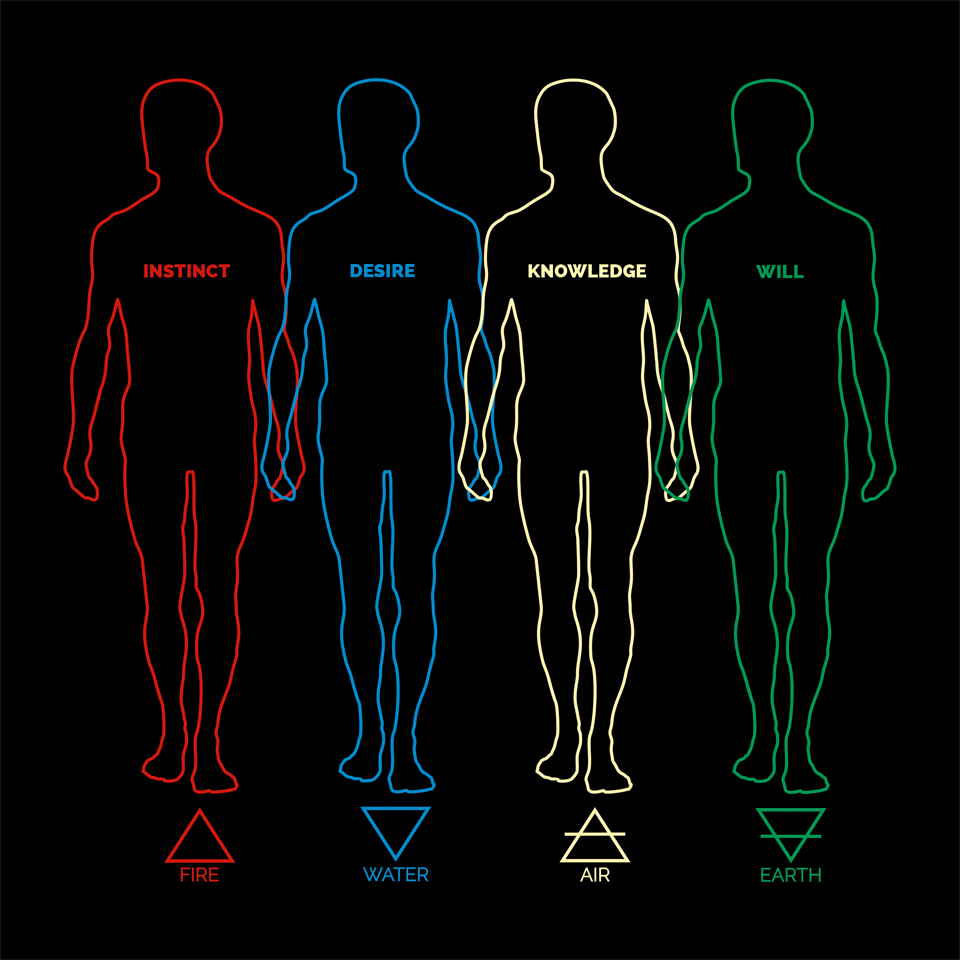
Gurdjieff said: “According to an ancient teaching, traces of which may be found in many systems, old and new, a man who has attained the full development possible for man, a man in the full sense of the word, consists of four bodies. These four bodies are composed of substances which gradually become finer and finer, mutually interpenetrate one another, and form four independent organisms, standing in a definite relationship to one another but capable of independent action.”[1]
Gurdjieff noted: “In this connection, certain teachings compare man to a house of four rooms. Man lives in one room, the smallest and poorest of all, and until he is told of it, he does not suspect the existence of the other rooms which are full of treasures. When he does learn of this, he begins to seek the keys of these rooms.”[2] He also refers to another Eastern teaching in which the first body is the ‘carriage’, the second body is the ‘horse’, the third is the ‘driver’, and the fourth is the ‘master’.[3]
The first is the physical or ‘carnal’ body, and it is associated with desires. The second is the astral or ‘natural’ body. It can be identified with the soul and associated with emotions. The third is the mental or ‘spiritual’ body. It can be identified with our rational mind and associated with thoughts. The fourth is the so-called ‘casual’ or ‘divine body. [4] The fourth body is associated with the conscious will. (…)
The scheme also applies to identify four types of Tarot interested people’s personality and characteristics. There are the ‘intuitive reader’, the ‘collector’, the ‘erudite’ and the ‘enlightened’. Considering that mostly two of our bodies are unevenly developed, several combinations are possible. The most common combinations are intuitive readers with a collector side; collectors with intuitive reading skills, and the erudite with a taste for collecting decks.
The first and dominant type… Full article available at Patreon
Enjoy, stay safe and continue support creativity!
[1] Ouspensky, P. D.; In Search of the Miraculous (pp. 40-41); Library of Alexandria; Kindle Edition.
[2] Ouspensky, P. D.; In Search of the Miraculous (p. 44); Library of Alexandria. Kindle Edition.
[3] Ouspensky, P. D.; In Search of the Miraculous (p. 41). Library of Alexandria. Kindle Edition.
[4] Ouspensky, P. D.; In Search of the Miraculous (p. 41); Library of Alexandria; Kindle Edition.


